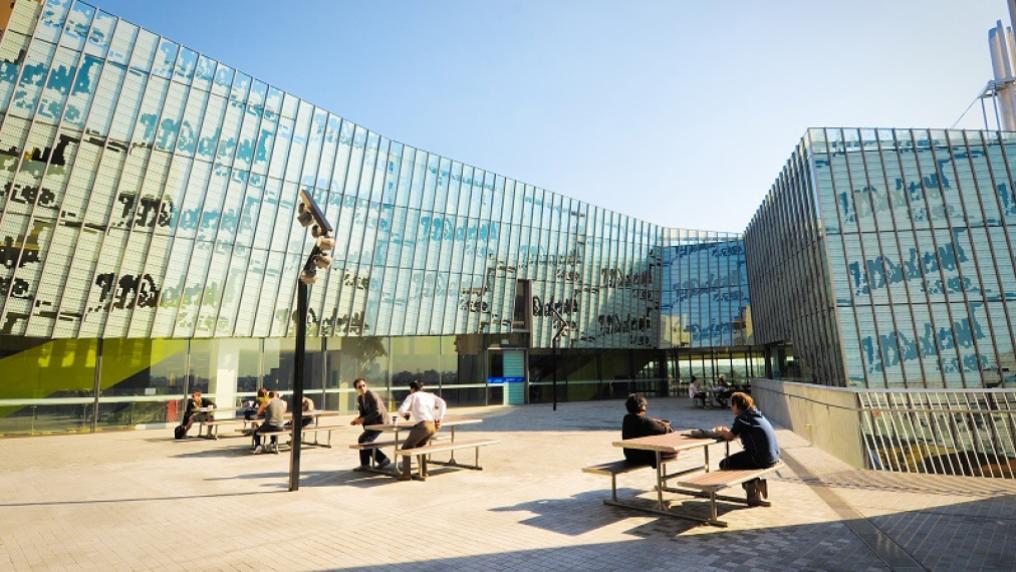VU research find that levy on foreign students fees would be ineffective

New economic modelling from Victoria University’s Centre of Policy Studies (CoPS) shows that a levy on international higher and vocational education student fee income would lead to contraction of the sector and its workforce.
While not explicitly advocating such a levy, the recent Australian Universities Accord Interim Report noted that an international student levy (ISL) “could provide insurance against future economic, policy or other shocks, or fund national and sector priorities such as infrastructure and research” (Universities Accord Interim Report, p.23).
In the recent research paper, CoPS researchers investigated the economic effects of such a levy.
They began from the position that, in economic terms, such a levy is simply an export tax levied on international student fee income. This makes such a levy amenable to modelling using existing tax modelling frameworks.
Using one of CoPS’ economic models, the researchers investigated the effects of an international student levy applied at a rate of five per cent.
The researchers found that a levy would have a negative impact on the size of the tertiary, technical and vocational education sectors. They found that the size of the tertiary education sector would fall by about one per cent, and the size of the technical and vocational education sector would fall by about three quarters of one per cent.
The researchers said “the effect of the levy on the education sector – which is to reduce student and staff numbers – is incongruent with a policy objective of assisting the education sector”.
The team went on to say that “while these adverse impacts on the education sector could be offset to some degree by channelling the levy revenue back to the sector, this would raise additional complexities”.
“For example, it would introduce additional administrative costs, by directing levy revenue from students, through the tax system, and then back to the education sector. It is unclear what value would be added by this process because the education sector already collects international student tuition fees directly from international students”.
The CoPS research also considered the regional economic effects of the levy. They concluded that regions that have relatively large numbers of international students, like Victoria, would be adversely affected by the levy.
The researchers noted that the levy would have other adverse macroeconomic effects, not captured by their modelling.
“First, many international students transition into permanent positions in the Australian workforce. By reducing international student numbers, the levy would potentially reduce this workforce flow, leading to a reduction in the size of the Australian workforce, and with it, the size of the Australian economy”.
“Second, some international student income is used by the education sector to fund research. This means the levy risks reducing research funding. This might have longer run consequences for Australia’s economic productivity growth”.
The study, The Economic Effects of an International Student Levy, was researched and authored by Dr Xianglong Liu, Professor James Giesecke, and Associate Professor Jason Nassios.



